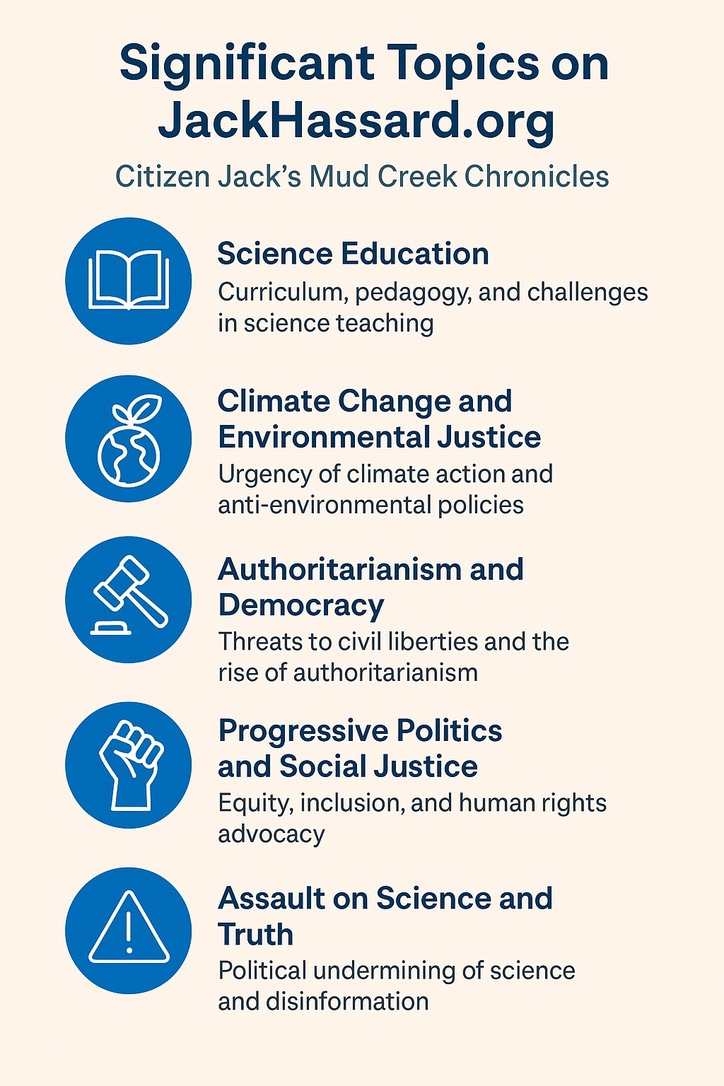Federal prosecutors issued a revised version of an indictment accusing former President Donald J. Trump of plotting to overturn the 2020 election. Trump knowingly made false claims about election fraud and was on notice that his claims were untrue. His running mate and staff told him he lost the election. The defendant continued to make false claims on his Twitter account.
He continued falsifying the election outcome at the rally on the Eclipse on Jan. 6. This post explores the new indictment.
Indictment
Is Donald Trump Above the Law?
Special Counsel Jack Smith has petitioned the Supreme Court to decide if former President Donald Trump is immune from criminal prosecution related to charges from his term in office, as detailed in indictments from January 6. Trump’s lawyers argue he was fulfilling official duties and is thus immune. Smith has requested an expedited review, which if approved, could allow a trial to proceed in March 2024. It’s the first instance of a president being charged with crimes during his term.
Two Days in the Life of the GOP
Tuesday, Oct. 24/25, two days in the life of the GOP in three cities, featuring Meadows, Cohen, Trump, Ellis, & Johnson take your pick. They selected an election denier and perpetrator of election fraud as the speaker. That’s the GOP of today.
The Trials of Donald Trump
None of these trials or indictments are witch hunts. It’s really a matter of which investigation you want to examine and the charges leveled at Trump. Trump faces legal battles in civil fraud cases, sexual assault allegations, of which he’s been found liable, classified document accusations, and election interference allegations.
In this post, I’ve reviewed each of the current cases.
Fani Willis: The Fearless District Attorney Taking on the Election Interference Case
I focus on Fani Willis: The Fearless District Attorney Taking on the Election Interference Case against Trump in this post.
Trump’s Racketeering Enterprise
Donald Trump and 18 others have been accused of knowingly and willfully joining a racketeering enterprise to unlawfully change the outcome of the election (in Georgia) in favor of Trump. According to the Fulton County indictment, the enterprise contained a common plan and purpose to commit two or more acts of racketeering activity in Fulton County, Georgia, elsewhere in the State of Georgia, and other states.















